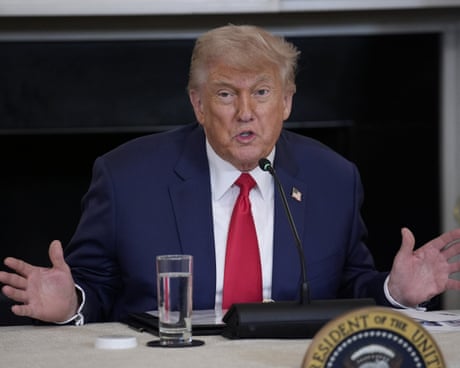Trump faces questions over deployment of national guard to LA protests – video

House Republicans push to cut $9.4B in foreign aid and NPR/PBS funding, setting up a Senate clash as moderates decide the fate of Trump's spending reduction plan.

All major sources, one page
Feel the mood behind headlines
Know what’s trending, globally
Get summaries. Save time
10,171
156
211
3 hours ago
Get instant summaries, explore trending stories, and dive deeper into the headlines — all in one sleek, noise-free mobile experience.
Stay sharp in 60 seconds. Get concise summaries of today’s biggest stories — markets, tech, sports, and more
All major sources, one page
Feel the mood behind headlines
Know what’s trending, globally
Get summaries. Save time
10,171
156
211
3 hours ago
Get instant summaries, explore trending stories, and dive deeper into the headlines — all in one sleek, noise-free mobile experience.
Stay sharp in 60 seconds. Get concise summaries of today’s biggest stories — markets, tech, sports, and more